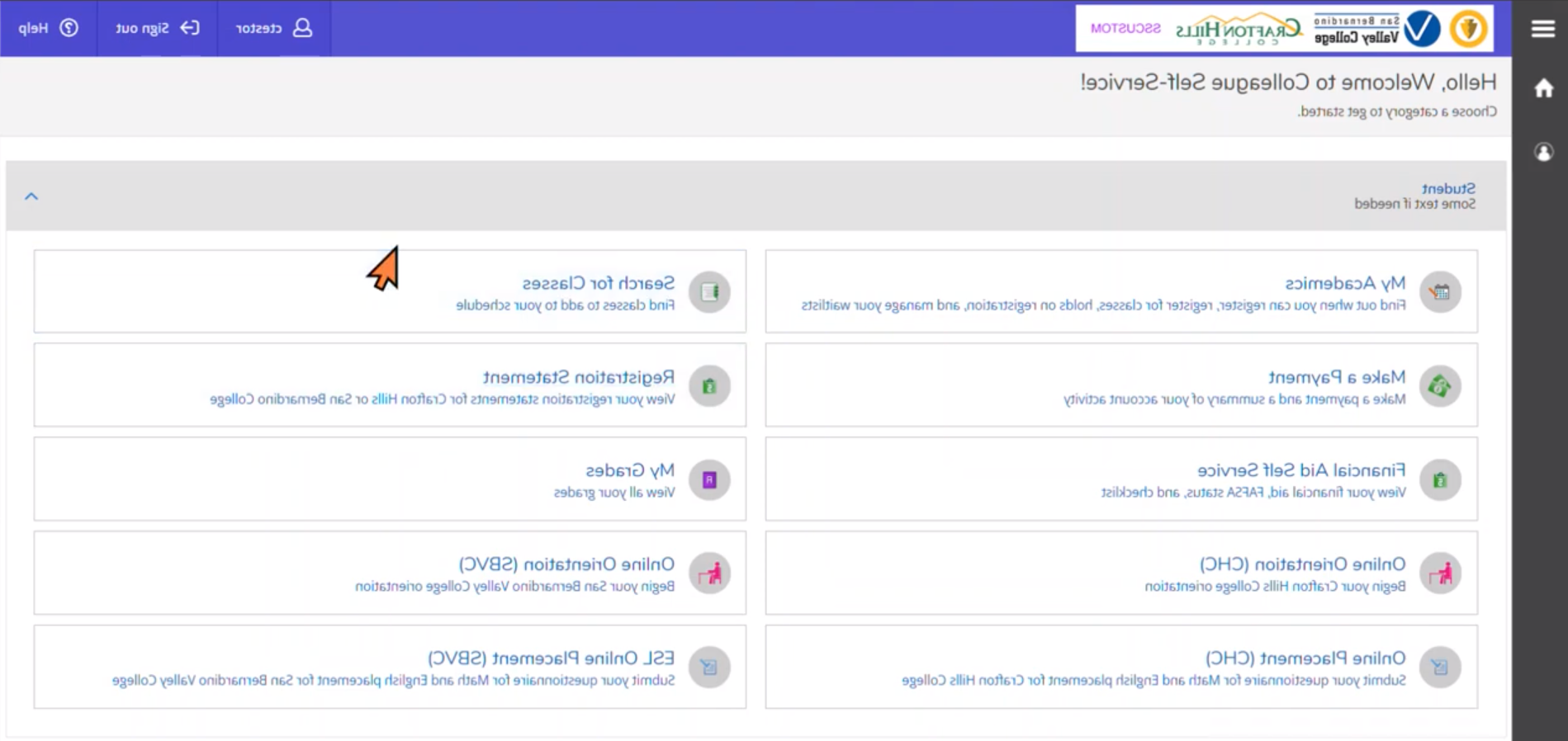All About Us

Gardening together
Mission
The CHC Child Development Center offers a model to college students and the community of best practices in the field of early childhood education and provides our students with learning opportunities through observation and interactions with young children and their families.
Vision
The Vision of the Crafton Hills College Child Development Center is to be the community’s first choice of a preschool program and a premier early childhood preparation program that supports and inspires the next generation of highly qualified early childhood educators.
Philosophy
The philosophy of the Child Development Center at Crafton Hills College is based on a set of strongly held beliefs, we believe:
- Each child is unique, valuable, and capable.
- Children learn best through self-discovery, hands-on exploration, and interactions with others; children’s play is the primary medium for learning.
- The classroom teacher, the child, and the family are equal partners in our early education program.
- Children learn best when supported by warm and responsive teachers who understand and work to meet each child’s individual needs.
- It is our charge to provide supportive and nurturing environments that serve to build a sense of community among parents, children and staff.
- Weekly activities should be planned from a child-centered approach rather than a set of prescribed themes; and incorporate activities to build social and emotional, cognitive, and physical development.
- Children are best understood and supported in the context of their family, culture and community.
Program Goals
- To provide care and education in an environment that is safe and healthy with nurturing and responsive teachers.
- To provide a model for best practices in the field of early childhood education to CHC students and others using the laboratory for child observations and interactions.
- To be a resource for families.
- To support children’s development and readiness skills in order for them to be successful and better prepared for the formal education setting.
- To be welcoming and supportive to all families and family structures.
